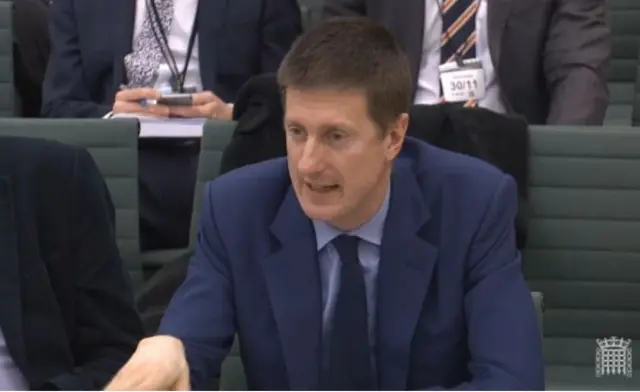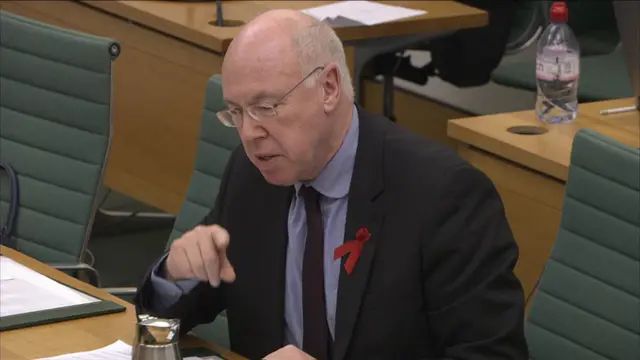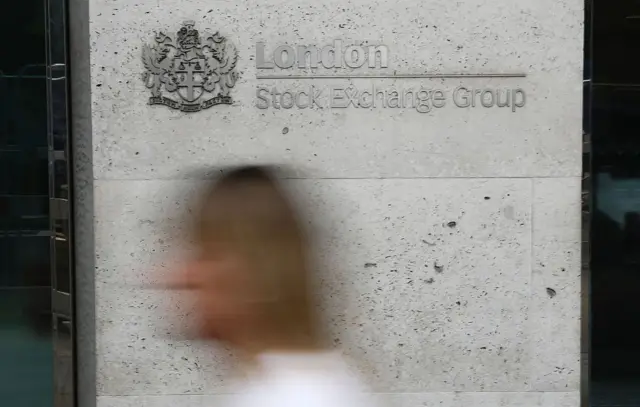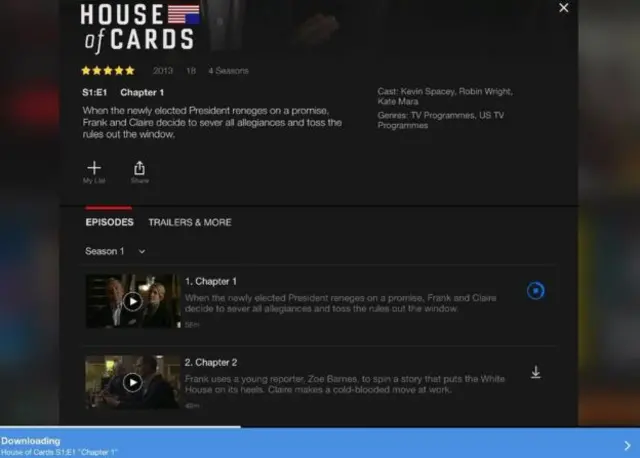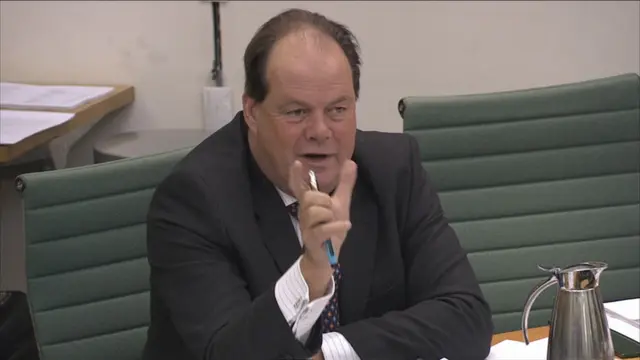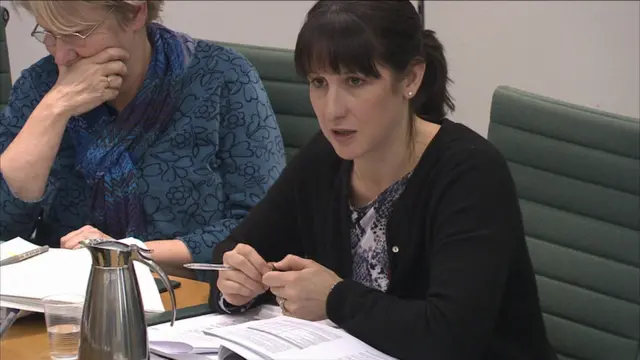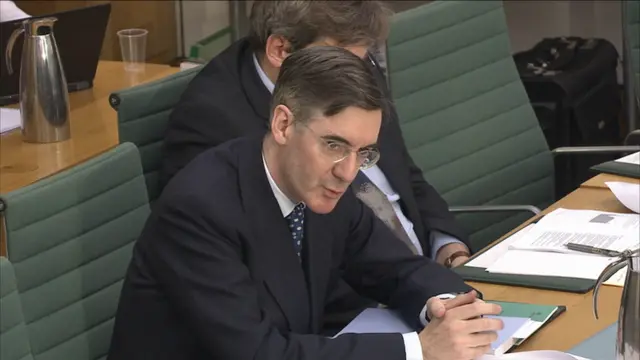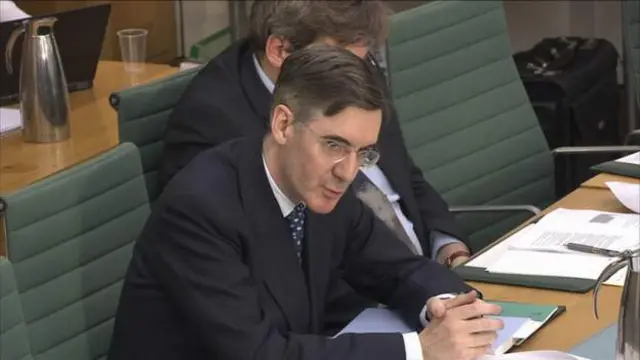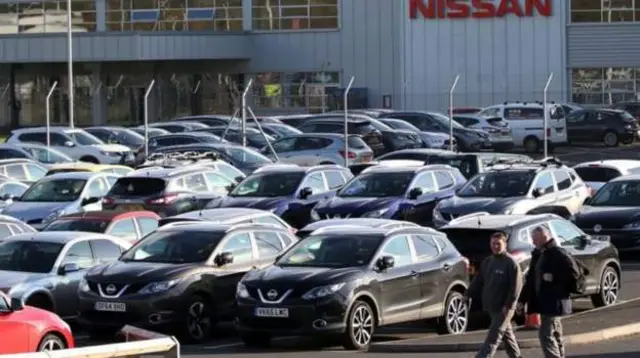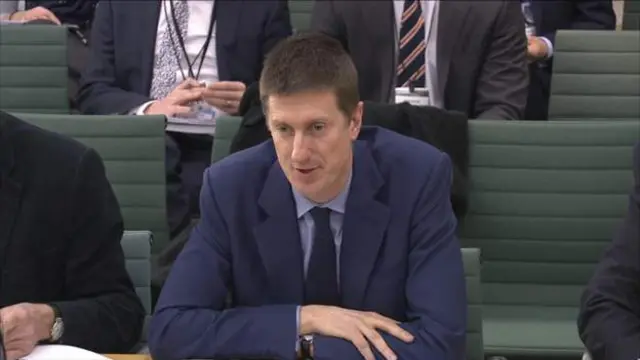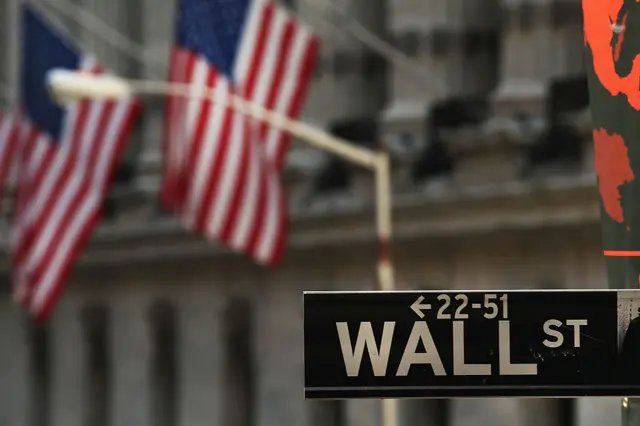Trump's evaporating anti-establishment rhetoricpublished at 17:24 GMT 30 November 2016
 Anthony Zurcher
Anthony Zurcher
BBC North America reporter
In February, Donald Trump lambasted Republican primary opponent Ted Cruz for being a pawn for the Wall Street firm Goldman Sachs. "They have total control over him, just like they have total control over Hillary Clinton," he said.
Towards the end of the general election campaign, Mr Trump ran a television advert featuring a photo of Goldman head Lloyd Blankfein with a voice-over that condemned "a global power structure that is responsible for the economic decisions that have robbed our working class, stripped our country of its wealth and put that money into the pockets of a handful of large corporations".
Now Mr Trump is tapping a former Goldman partner - a man who later chaired a company that aggressively foreclosed on delinquent mortgage-holders - as his Treasury secretary.
Steven Mnuchin was an early supporter of Mr Trump - serving as his head fund-raiser - and this loyalty is being rewarded.
If the president-elect is serious about enacting the sweeping tax reforms he unveiled during his campaign, the corporate insider with political connections is the man for the job.
His selection, however, is another bit of evidence that Mr Trump's sweeping anti-establishment condemnations may be a disappearing rhetorical relic of his presidential campaign.
